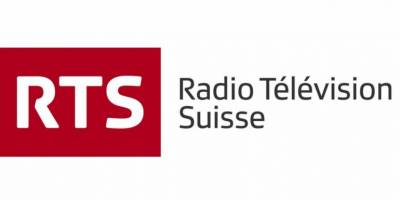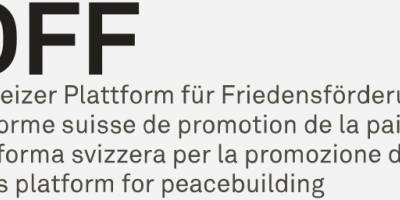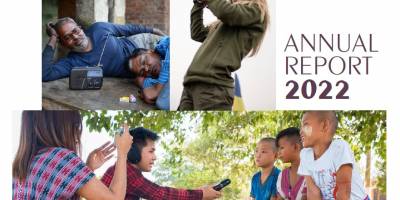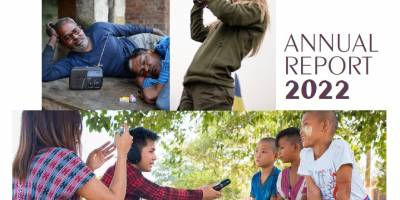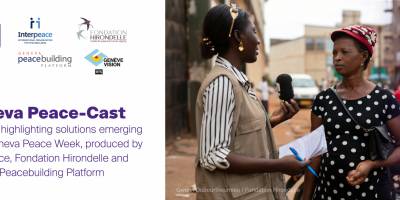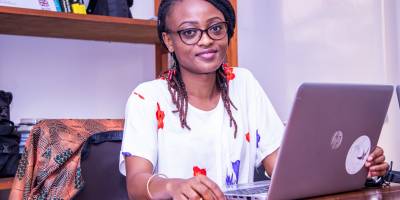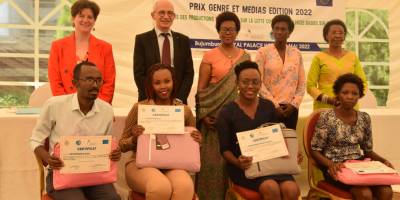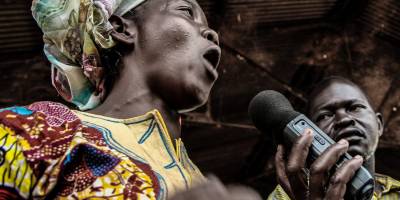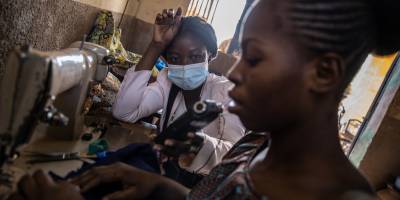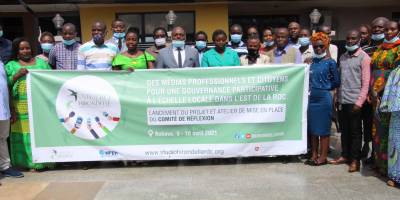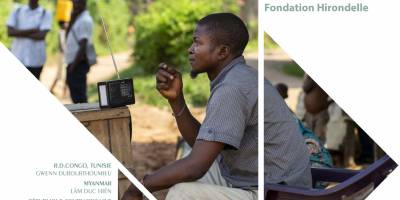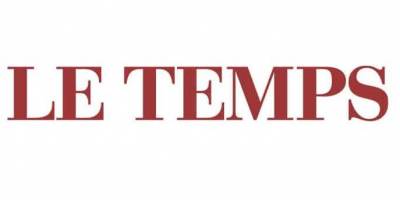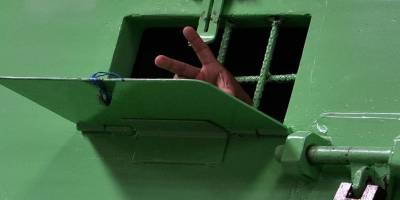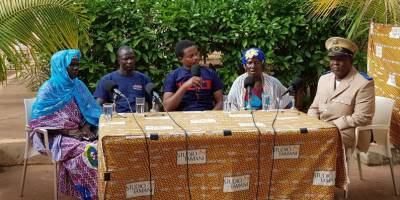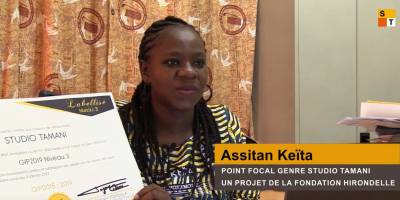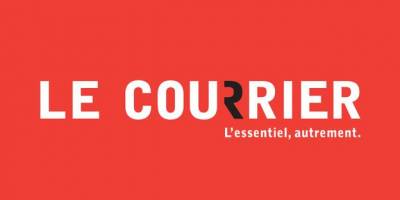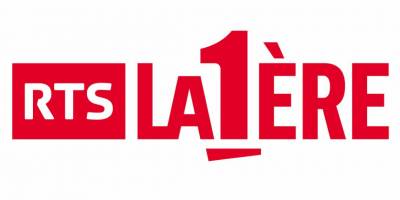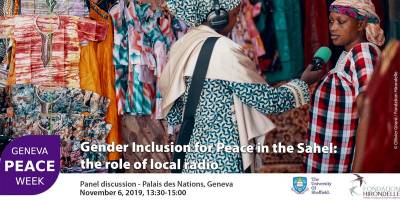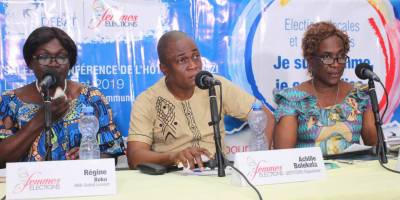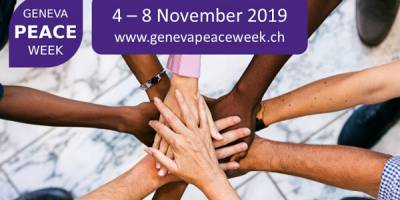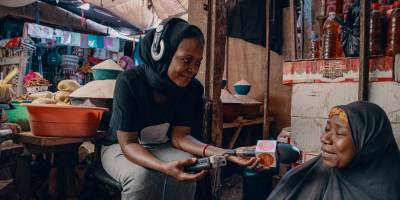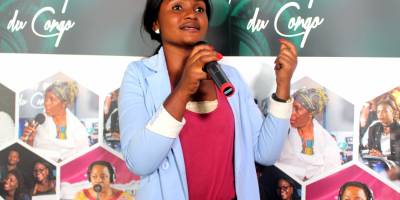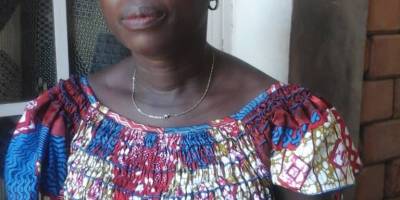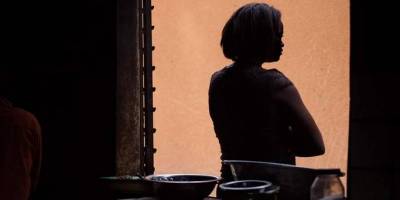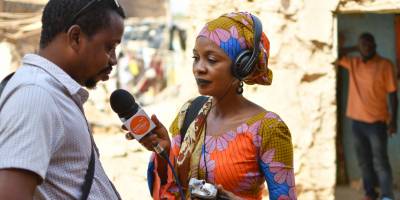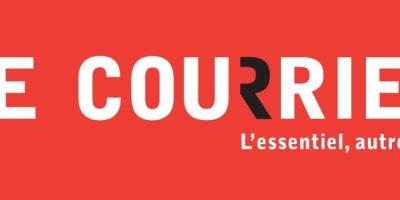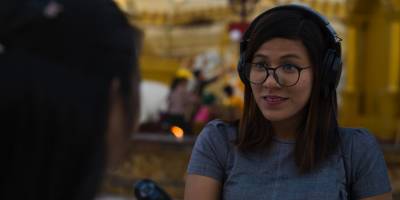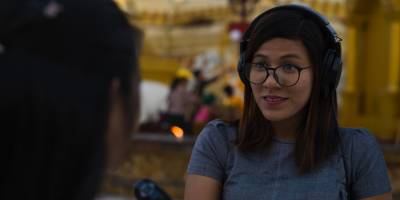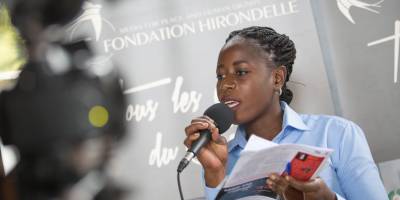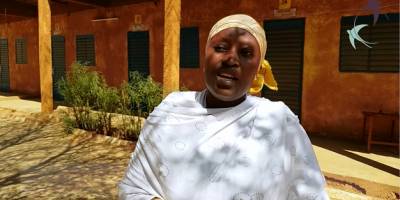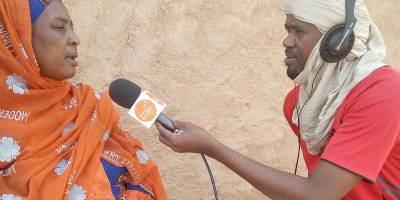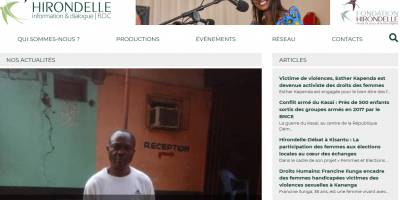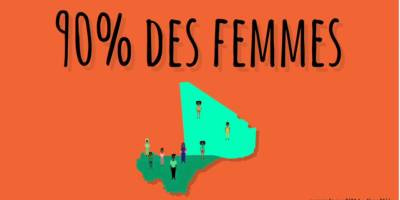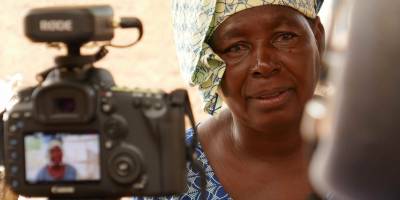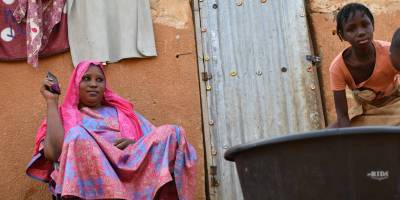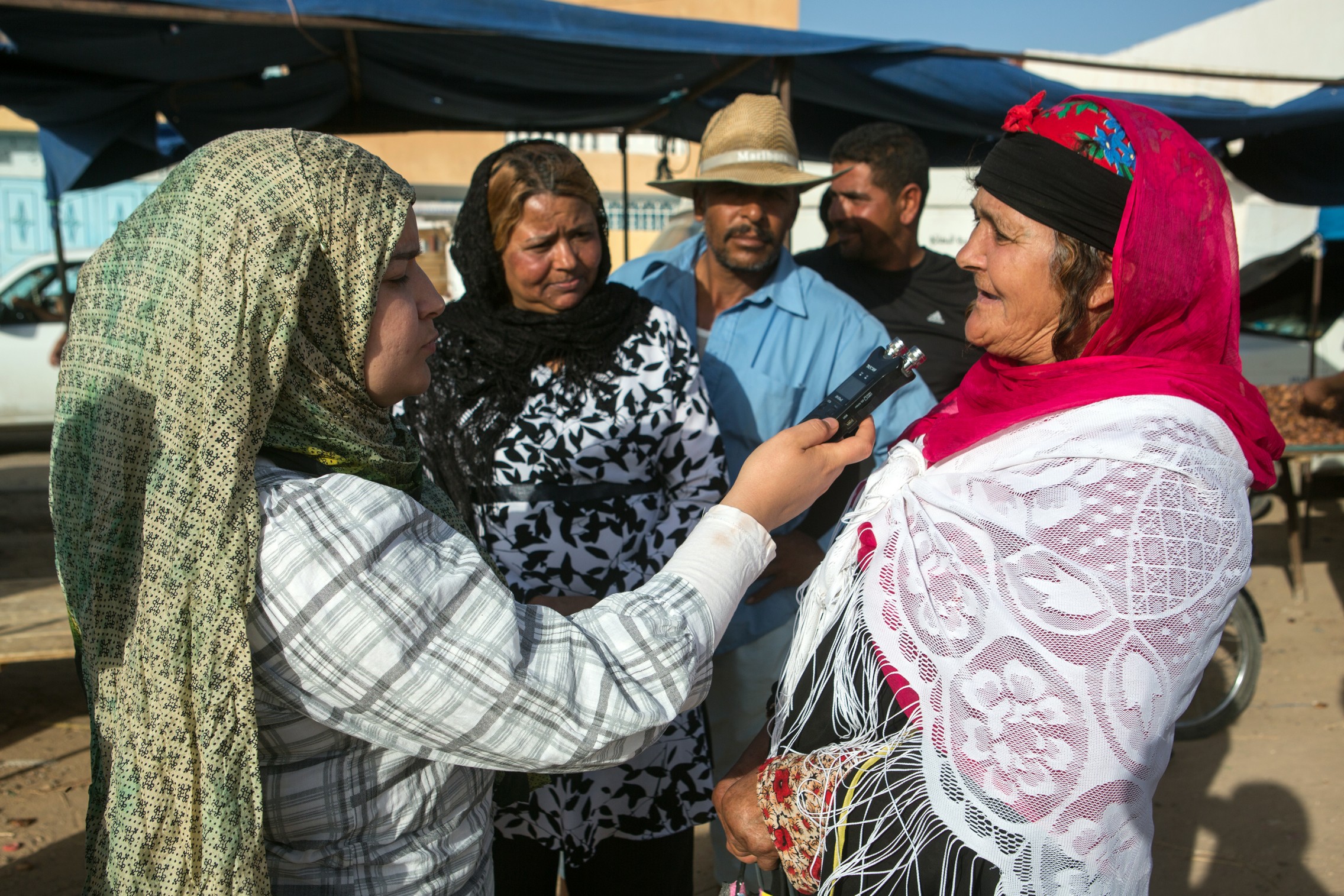
Context
In countries where Fondation Hirondelle works, women and girls face specific challenges participating in public life. In conflict settings, not only are they disproportionately impacted by violence, but they are also often excluded from official peace processes, despite global consensus on the fundamental need for women to fully participate. Moreover, in many contexts, the rights of women are not respected or well understood by populations: women are often confronted with sexual and gender-based violence, early marriage or unequal access to education or health care.
Independent local and national media have a role to play in ensuring that the role of women in peace processes is on the agenda, in shifting perceptions and norms, and in ensuring their views and voices are taken into account. Professional and independent broadcast journalism can support ensuring women’s rights by helping raise awareness, increase knowledge of options available, and increase commitment among decision makers for concrete steps. Reporting on issues of concern to women such as education, customary rights and domestic abuse supports women’s empowerment and participation in public life.
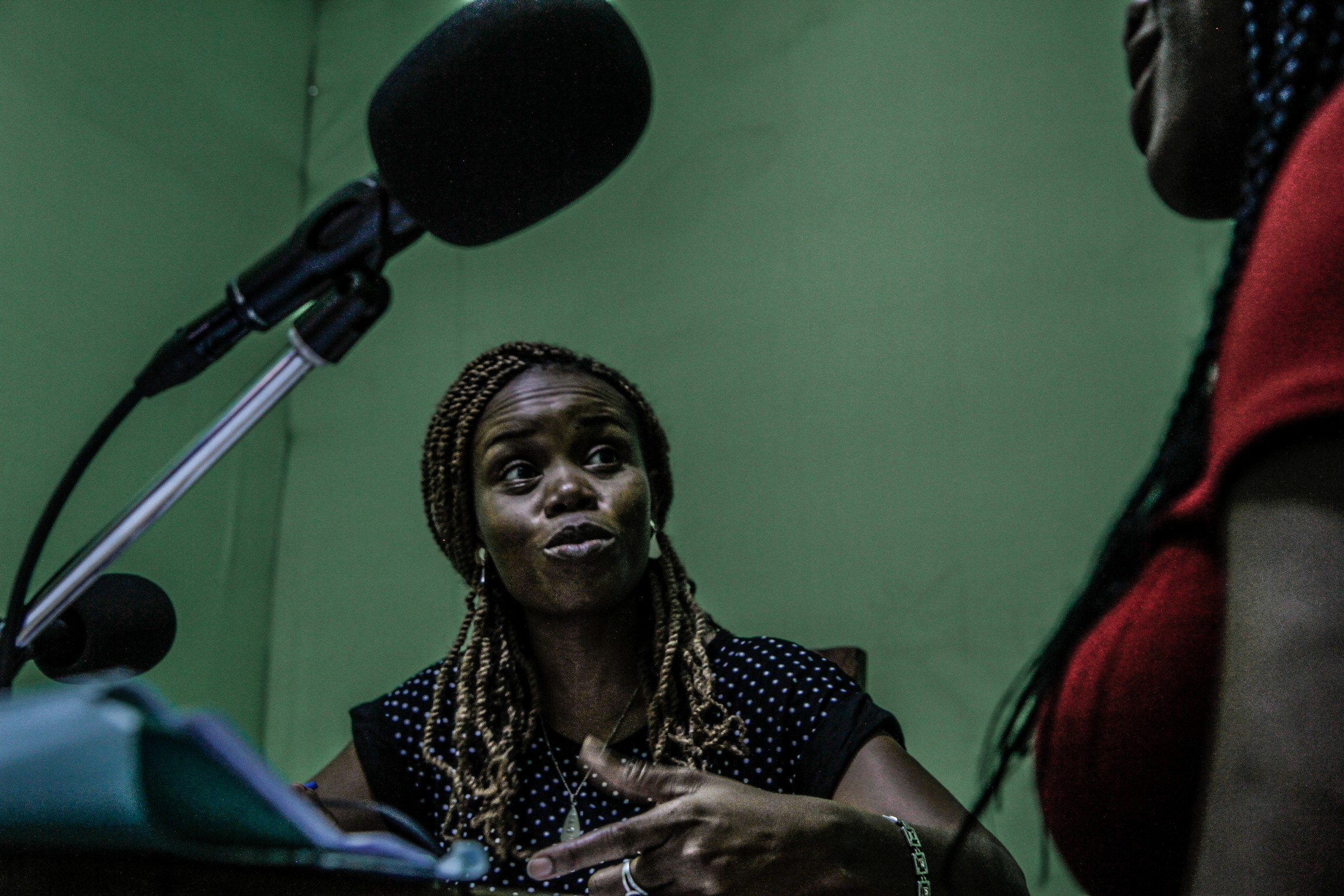
Our approach
Fondation Hirondelle uses media, journalism skills and technology to reduce obstacles that may prevent women’s voices from being heard in political discussions, peace processes and debates on all the issues of daily life. At stake is not just targeting a female audience, but involving the whole population so that debate on gender issues can move forward. Media created or supported by Fondation Hirondelle therefore cover issues of gender and women’s rights regularly in programs and debates. In these productions, subjects such as the role of women in peace processes, in political life, and in social and economic development are addressed. Women make their voices heard, express their expectations for peace and the future, and participate in the search for alternative solutions to violence. We seek balanced participation of women during discussion shows, and as expert sources on all topics.
Fondation Hirondelle’s media also address issues of concern to women, providing sometimes life-saving or life-changing information, and shifting perceptions. While addressing issues such as domestic violence, child marriage and family planning provides important information for women, it is equally important for men. This information can play a role in opening up a space around topics that are otherwise not readily discussed in families and couples. Within our newsrooms, Fondation Hirondelle also works to ensure that these issues and perspectives are mainstreamed, so that women's actions and issues gain legitimacy as news.
Fondation Hirondelle works to empower young female journalists. Actively seeking opportunities for women’s voices to be heard also means supporting talented female journalists and presenters, raising awareness though a gendered perspective on stories, recruiting and supporting female managers. To change newsroom culture, women need to be covering a wide range of stories, not just women’s issues. At Fondation Hirondelle, we believe professionalism in hiring processes, mentoring and training efforts will have a real effect on the hiring and promotion of women.
Outcomes
- Women’s participation in peace processes, peacebuilding efforts, social, political and economic development efforts are reported on.
- Populations have access to information on women’s rights, roles and participation in public and private life.
- Our media and partner media are leaders in their sectors in providing a place for female journalists to learn, lead and practice professional journalism.
Examples and testimonials
-
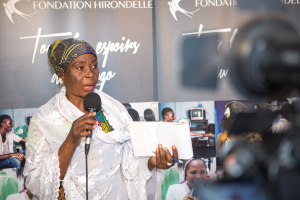
In the Democratic Republic of Congo
In the Democratic Republic of Congo, Fondation Hirondelle’s project “Women and Elections”, (Femmes& Elections) organizes public debates around electoral issues and women’s participation in public life. It allows for women to meet and discuss with their elected representatives. We also produce innovative multimedia programs to raise awareness on women's participation in public life. An example is shown in this Motion Design videoSee the link -
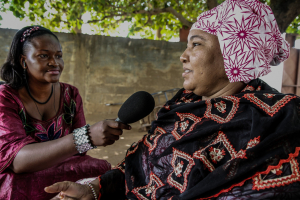
In Mali
At Studio Tamani in Mali, , the “Toutes les femmes du Mali” (All the women of Mali) program, a weekly news magazine, highlights issues of importance for women. The “Grand Dialogue” talk show gives a voice to women sitting at the same table as men, often on important political and security issues facing the country. An example is the 29 September 2016 edition on representation of women in decision-making bodies in MaliSee the link -
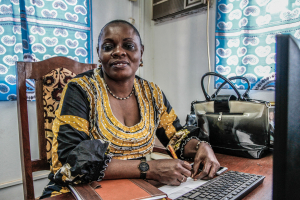
In the Central African Republic
In the Central African Republic, women are given a voice on its leading radio station Radio Ndeke Luka. The radio is directed by a woman and its editorial team is composed almost equally of men and women. Radio Ndeke Luka’s newsroom and radio programs contribute to integrating women into the debate and giving them a voice.




